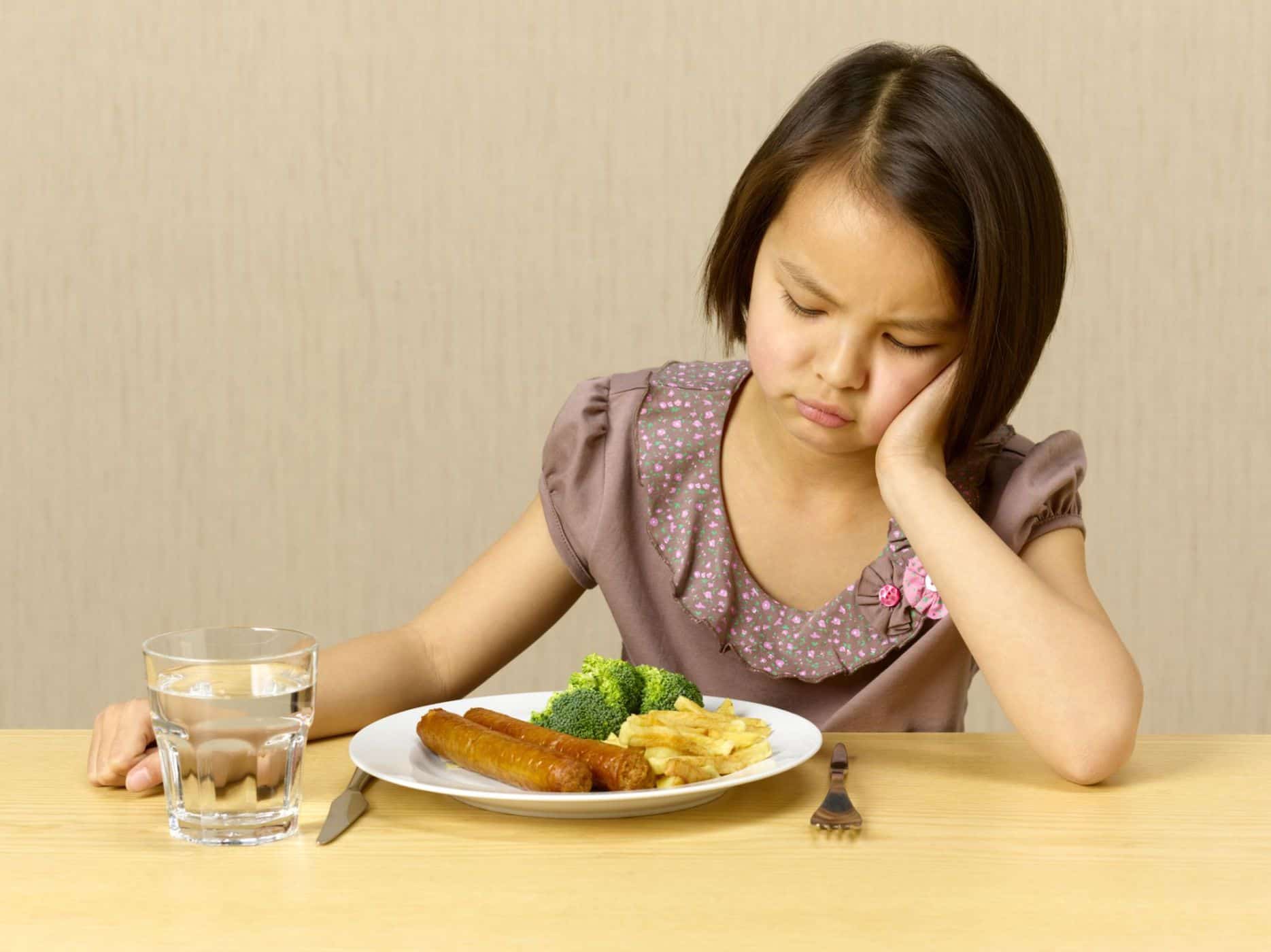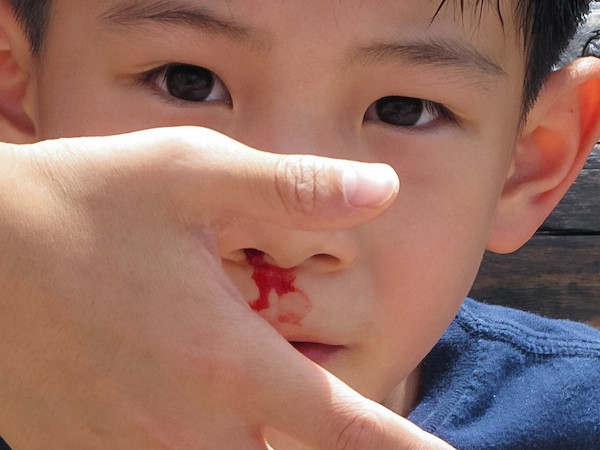Contents:
- Medical Video: Chronic Cough Treatment for Children - Mindy Ross, MD | UCLAMDCHAT Webinars
- What coughs often strike the baby?
- How do you deal with coughing in infants?
- 1. Increase body fluids
- 2. Give a little honey
- 3. Raising the baby's head
- 4. Choose foods that relieve coughing
- 5. Sufficient rest time
- 6. Give fever-lowering drugs
- 7. Provides hot steam
- Should I take him to the doctor?
Medical Video: Chronic Cough Treatment for Children - Mindy Ross, MD | UCLAMDCHAT Webinars
When you start having a baby, you can keep it as much as possible so it doesn't get sick. You will give exclusive breast milk or good milk, if you cannot give it breast milk. When you enter the age of six months, you begin to think of good and healthy food intake for your baby so that his immunity is maintained. However, no matter how well you maintain your health, there is a time when your baby can get sick, such as fever, cough and flu. When adults get cough, the first step is to find the nearest drug store to buy cough medicine. When a cough is experienced by your baby, maybe you can't give him the medicine right away. So what to do?
What coughs often strike the baby?
Cough is spread by viruses, and can be a symptom of infection. The following is a cough that must be watched out for:
- Coughcroup,causes difficulty breathing, because the larynx and airway to the lungs (trachea) swell. The result is the baby will cough like a bark. The symptoms will be heat, fever, snot in the nose. This virus usually affects children aged six months to three years.
- Whooping cough, caused by bacterial infections that affect the lungs and airways. This cough will make your baby gasping for breath. Usually symptoms are accompanied by flu and mild fever. After a few weeks, if it hasn't healed, it will become a dry cough. You can give a vaccine against this type of cough.
- Brochiolitis, is an infection that is usually experienced in the first year. This type of cough is caused by cold weather. This occurs because the small airways to the lungs are infected and slimy. Babies have difficulty breathing. Symptoms that appear in the form of snot in the nose, dry cough, loss of appetite. Over time it will cause colds, ear infections, coughingcroup,and pneumonia.
In addition, coughing in infants is usually followed by the following symptoms:
- Fever
- Sore throat
- Nasal congestion
- Eyes reddened
- Loss of appetite
- The presence of swollen lymph under the armpit, neck and back of his head.
How do you deal with coughing in infants?
You should not panic when your baby has a cough, always pay attention to the symptoms and try the following ways:
1. Increase body fluids
Additional fluids can make it easier to cough and can reduce mucus in the nose so that he can also breathe easily. You can give him water, milk, juice. You can also give him warm chicken soup, or hot chocolate, which can relieve his sore throat. Make sure to give it at a warm level, not heat. However, this can only be done for babies over the age of six months. It is better for babies under six months, extra breastfeeding is highly recommended, because breast milk is believed to increase infant immunity. In addition, you can also give him formula milk.
2. Give a little honey
Honey contains antioxidants, antibacterial which is good for health. Besides honey also contains vitamin C which is good for the body's immune system. Giving a little honey can relieve coughing in a baby. Give your baby ½ teaspoon of honey before he sleeps. However, this honey treatment can only be done for babies over one year, you cannot give it to the age below because it will actually make it sick.
3. Raising the baby's head
When you find it hard to breathe or experience a stuffy nose, you will try to sleep with your head slightly raised. This can also be tried on your baby, put a pillow that is not too thick or a towel that has been folded, on the mat where your baby's head will be laid. This will help make breathing easier.
4. Choose foods that relieve coughing
For babies aged six months or below it should be enough to focus on breastfeeding and formula milk. If your baby is approaching a year and over, you can choose soft foods for your baby, such as pudding, yogurt, and apple sauce. If they like warm food, you can give it the chicken broth or pudding that you just made.
5. Sufficient rest time
Make sure your baby gets enough rest. Coughing makes it loss of appetite, can cause it to become restless and difficult to rest. Try to put him to sleep when it's time to rest; if he easily falls asleep in your arms, you should not lay him down until he falls asleep. If he easily sleeps in his bed, you can lay on his bed.
6. Give fever-lowering drugs
You can also give paracetamol for babies, if your baby is 37 weeks old and weighs more than 4 kg. You can also give ibuprofen to babies, if they are more than three months old and weigh at least 5 kg.
7. Provides hot steam
Hot steam can relieve congestion and coughing. You can cook hot water, then put it in a small bucket or basin, get close to your baby, but make sure your baby is not exposed to the hot water. You can also sit in the bathroom with your baby, and let the hot water flow. Hot steam will launch the respiratory airways.
Should I take him to the doctor?
You should go to a doctor if your baby is under three months, whatever the pain. Also, you should visit a doctor if:
- His cough never subsided after five days
- Your baby's cough gets worse, you can watch from his voice
- If your baby is under three months, the temperature reaches 38 degrees C. If he is under six months, the temperature reaches 39 degrees C. At that time, you should take him to the doctor
- Having respiratory problems
- The phlegm that comes out is green, brown and yellow
READ ALSO:
- 3 Movements to Overcome Stomach Pain Every Cough During Pregnancy
- Tips for Overcoming Flu and Cough During Pregnancy
- Paracetamol vs. Ibuprofen: Which drug should you take?












